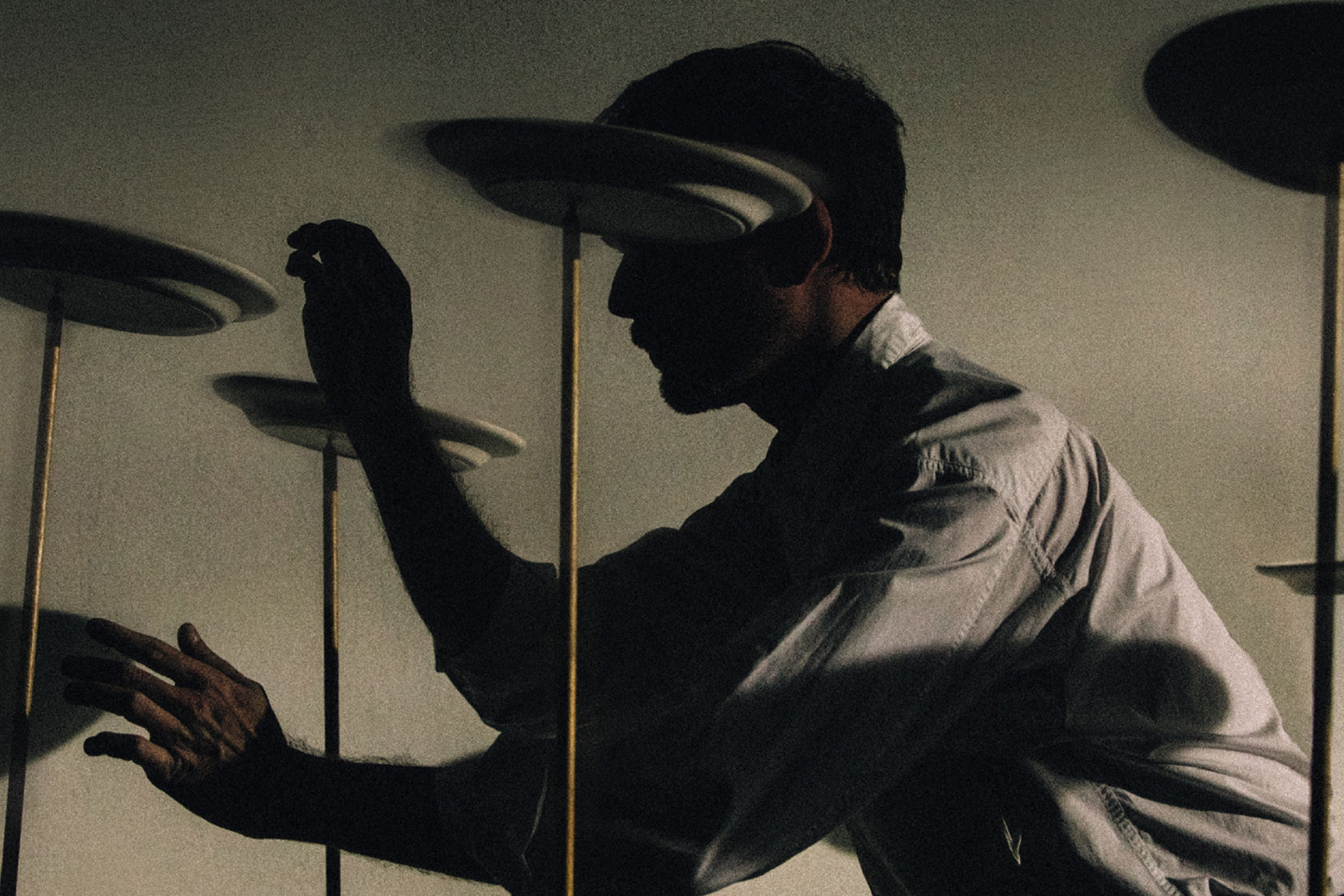DSKONNECT Booking Agency is celebrating its 20 years in the industry by launching a new label: DSK RECORDS.
Photo Credit: no_ip – Official
With the support of the agency´s most relevant and exciting acts after 20 years working worldwide with bookings, events, and management, now it’s the moment to see the birth of a new angle of the company.
For their first release, DSK Records is presenting a two-track EP, courtesy of Raxon & no_ip. ‘The Fall’ is a hypnotic dancefloor weapon from the Egyptian-born and Barcelona-based artist Raxon, while no_ip’s ‘My Place’ runs as an intelligent mind-bending cut, with processed vocals and a timeless atmosphere.
To celebrate the release of ‘The Fall / My Place’, no_ip invites EG into the studio for 5 essential production tips:
1. The source material
Starting with good source material is essential and it makes a difference. This means using high-quality samples and recordings as the foundation for your tracks. Good source material can make a significant difference in the overall quality and sound of your music.
Also, processing and manipulating them creatively, and selecting samples that are appropriate for the genre, can create unique and compelling tracks that stand out from the crowd.
2. The importance of using a spectrum analyzer
When producing electronic music, it’s important to use a spectrum analyzer to analyze the frequency content of your tracks, allowing you to see which frequencies are present and how they are balanced.
By using a spectrum analyzer, you can identify any frequency imbalances in your tracks and make adjustments to ensure that the mix is balanced and sounds good on different sound systems. For example, you might notice that the bass frequencies are overpowering other elements of the mix, or that the high frequencies are too bright and harsh.
In addition, it’s also important to become familiar with the sound image of your music. This means understanding how different sounds and elements in the mix are positioned in the stereo field.
Listening to other tracks in your genre and paying attention to how the different elements are positioned in the stereo field is crucial.
3. Your tools
Learning your software inside-out is a crucial aspect here… By becoming familiar with your DAW and any other software or hardware you use, you’ll be able to work quickly and efficiently, use the software to its full potential, and focus more on the creative aspects of producing music.
4. Reference tracks
Listen to other tracks in your genre to get an idea of what works and what doesn’t. This can help you improve your own music. By studying the structure of successful tracks in your genre, you can improve the flow and pacing of your own music.
5. Keep it simple
Sometimes the simplest approach is the best. Don’t overcomplicate your tracks with unnecessary elements. Focus on what really matters and let the music speak for itself.
It’s easy to get caught up in adding more and more elements to a track in an attempt to make it more interesting or complex. However, this can often lead to cluttered and overcomplicated tracks that lack focus and coherence.
Keeping things simple allows you to be more creative within the constraints you set for yourself. By limiting the number of elements in a track or set, you’re forced to think more creatively and find new ways to make each element stand out and create impact.
no_ip’s ‘My Place’ is out now via DSK Records. Purchase your copy here.
Follow no_ip: Instagram | Facebook | Soundcloud | Spotify











